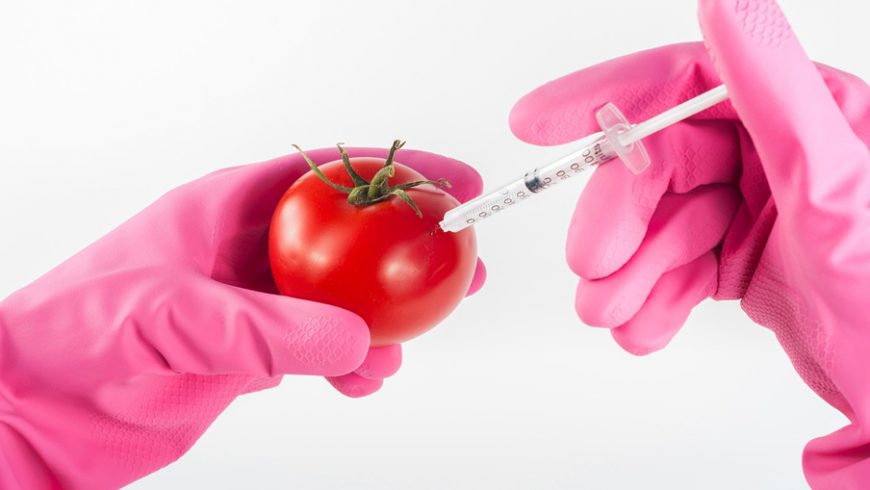Genetically modified food and researches should not be entertained. According to me, we have not yet understood nature and natural products, and their systematics completely. By altering a natural product in the interest of one species might be drastically harmful for some other species. While altering a food using genetic engineering, we do apply the best knowledge and resources currently available. But knowledge and learning is an ongoing process. What we have not learned today will not be applicable in the research and subsequent production of GMO foods. But, somewhere in future we may learn that what we were practicing today is eventually giving a different outcome in a different field. There are some big names of hype and failure of GMO foods specifically Flavr Savr Tomato, New Leaf Potato, StarLink Corn, etc. Instead of changing the foods by using technology, we should focus on good production and elimination of diseases in the food chain before it reaches the product. It’s better to alter the killer than the food. Let nature be preserved. Because when nature gives surprises, it gives in a whole.
Rekha Bora
Research Scholar,
Dept. of Ecology & Environmental Science
Assam University, Silchar, Assam.
The debate around the use and commercialization of genetically modified crops is never ending. In today’s world we must have to adapt ourselves according to the changes in the environment. Today’s world population is 7.4 billion and it is expected to reach beyond 10 billion by the year 2050. While NASA is planning to send people to Mars, some in the third world countries are still facing starvation and with the increasing population we must go for GMOs as their yield is much more than the conventional farming. Along with increasing yield, I must have to add that characters like nutritive value, better taste and resistance to pests are also equally stronger in respect of GMO crops. By making the GMOs resistant to pesticides we are also somehow reducing the amount of CO2 emission to the environment.
The scenario of farming in India is very pathetic. Farmers are cultivating their crops only to feed their family. Being an agrarian country (where 70% of the population is dependent on farming), we are still unable to export food. The manpower to output ratio is too less as compared to the developed countries which can be remunerated by GMO research.
I would like to offer my sincere gratitude to Dr. Norman Borlaug for his thinking to get revolutionized the world with Green revolution. He not just increased the production of cereal grains but also added the tinge, i.e. vitamin A (in golden rice) which can be gained with a very low investment by the common people.
I would like to conclude by mentioning the second law of thermodynamics that the total entropy of a system always increases over time, i.e. randomness of a system will always increase. But if the outcomes are having more potential in contrast to the hazards, then we must show thumps up to the GMO foods and researches along with other biological application for human welfare.
Siddhartha Kalita
Research scholar
Department of Zoology
Gauhati University
Want to share your view?
Viewpoint topic for next issue of BioNE is – “Should Biotechnology be introduced as a subject at Higher Secondary level by the School Boards/Councils in the North-east?”
Please mail us your view point at bione@vetbifguwahati.ernet.in




